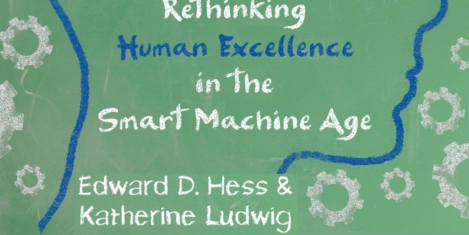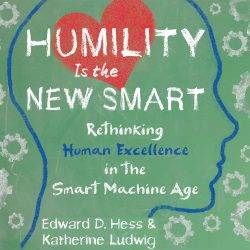April 5, 2017
Drastic changes needed to workplace laws as age of automation dawns 0
 The rise of robots and automation in the workplace will lead to drastic changes to laws across the world, a new report suggests. The present wave of automation, driven by artificial intelligence (AI) – the development of computer systems able to perform tasks normally requiring human intelligence – is creating a gap between current legislation and new laws necessary for an emerging workplace reality, states a report published by the International Bar Association Global Employment Institute (IBA GEI). Artificial Intelligence and Robotics and Their Impact on the Workplace focuses on potential future trends in AI, and the likely impact intelligent systems will have on the labour market, companies, employees’ working time, remuneration and the workplace environment.
The rise of robots and automation in the workplace will lead to drastic changes to laws across the world, a new report suggests. The present wave of automation, driven by artificial intelligence (AI) – the development of computer systems able to perform tasks normally requiring human intelligence – is creating a gap between current legislation and new laws necessary for an emerging workplace reality, states a report published by the International Bar Association Global Employment Institute (IBA GEI). Artificial Intelligence and Robotics and Their Impact on the Workplace focuses on potential future trends in AI, and the likely impact intelligent systems will have on the labour market, companies, employees’ working time, remuneration and the workplace environment.









 Accommodation and food services, manufacturing, and transport industries will be hardest hit by limits on movement of EU and non-EU workers following Brexit, a new report has claimed. The latest edition of Mercer’s
Accommodation and food services, manufacturing, and transport industries will be hardest hit by limits on movement of EU and non-EU workers following Brexit, a new report has claimed. The latest edition of Mercer’s 



 New and updated guidance s being published today by Acas to help employers and their staff understand the many different types of employment arrangements that exist in the modern workplace and their legal entitlements. The revised guidance is released against the backdrop of Matthew Taylor (Chief Executive of the Royal Society of the Arts)
New and updated guidance s being published today by Acas to help employers and their staff understand the many different types of employment arrangements that exist in the modern workplace and their legal entitlements. The revised guidance is released against the backdrop of Matthew Taylor (Chief Executive of the Royal Society of the Arts) 




 The
The 


 With the UK facing at best, very slow growth, or even shrinkage, of the working population, future changes to migration levels into the UK due to Brexit could exacerbate the financial stresses and strains caused by the UK’s aging workforce. This is according to the
With the UK facing at best, very slow growth, or even shrinkage, of the working population, future changes to migration levels into the UK due to Brexit could exacerbate the financial stresses and strains caused by the UK’s aging workforce. This is according to the 










February 28, 2017
A report into facilities management that is hard to swallow 0
by Simon Heath • Comment, Facilities management
(more…)